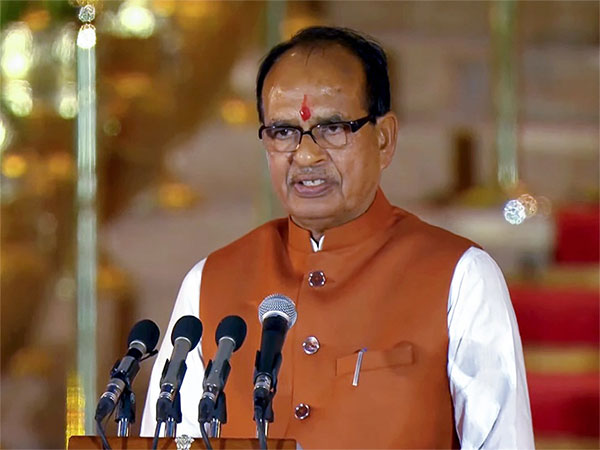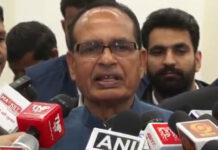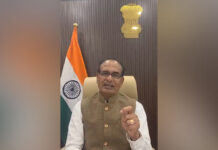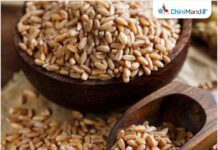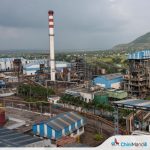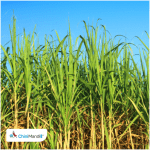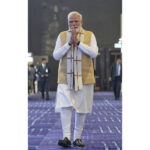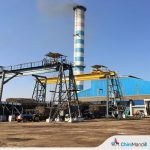Union Agriculture Minister Shivraj Singh Chouhan on Monday marked a significant milestone – 11 years of the Modi government – by highlighting the administration’s achievements in the agricultural sector.
Speaking in Rangareddy, Telangana, Chouhan emphasised the impact of Prime Minister Narendra Modi’s vision and policies on agriculture.
“Today is a historic day,” the Union minister said, adding, “Our government has completed one year of its third term. This year was full of accomplishments.”
Chouhan pointed out that the agricultural growth rate stood at 5.4% in Q4, reflecting the government’s focus on the sector. He credited Modi’s leadership for the increase in foodgrain production, stating that grain storages are full and agricultural production has risen by 40% over the last decade.
“From the point of view of agriculture, it is a result of PM Narendra Modi’s vision, policies, and programs. In Q4, the agriculture growth rate was 5.4 per cent… I want to congratulate PM Narendra Modi, our grain storages are full. We have set new records in the production of foodgrains. In the last 10 years, we have increased our agricultural production by 40 per cent…,” the minister remarked.
Chouhan also highlighted the government’s efforts to promote millets, which are considered superfoods. He mentioned the foundation stone-laying ceremony of the Shri Ann Global Centre of Excellence, aimed at furthering millet production and consumption.
While speaking with the media personnel, Chouhan said, “We have laid the foundation stone of Shri Ann Global Centre of Excellence. We all know the importance of millets, which are superfoods… PM Narendra Modi took an initiative to promote the farming and consumption of millets in the world…”
Earlier on Sunday, Union Minister Shivraj Singh Chouhan participated in the One Nation One Election campaign in Bengaluru, Karnataka, emphasising the need for simultaneous elections in India.Chouhan argued that the current system of frequent elections leads to a significant waste of resources and energy, highlighting that the constant election cycle diverts a major part of the nation’s energy and resources, which could be better utilised for long-term development goals.
He stressed that holding Lok Sabha and Vidhan Sabha elections together would enable policymakers to focus on policy-driven decisions rather than being preoccupied with election preparations.
The One Nation One Election campaign aims to raise awareness and build consensus on simultaneous elections nationwide. The campaign’s proponents argue that simultaneous elections would reduce the strain on the electoral machinery, minimise disruptions to governance, and promote more focused and sustained policy implementation

